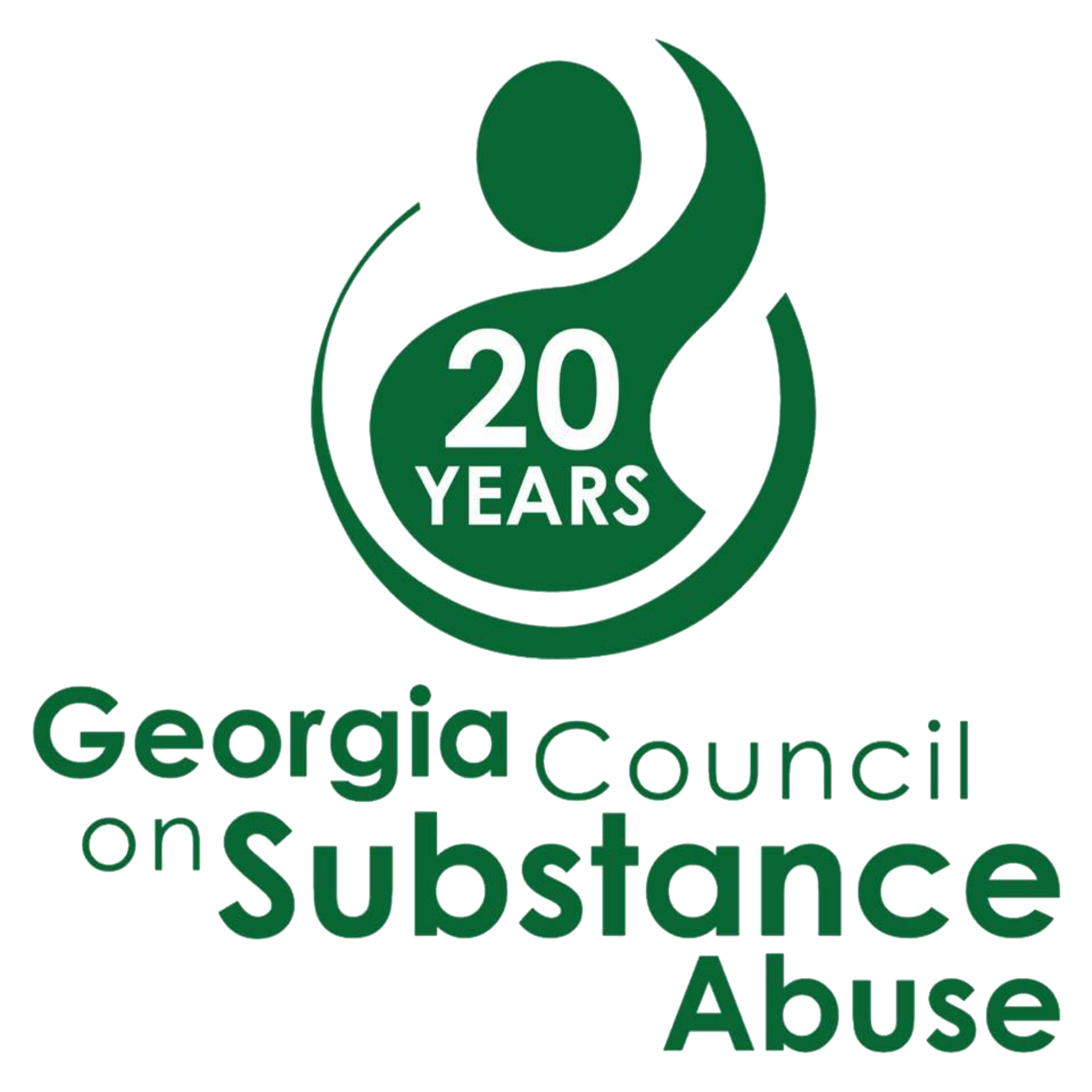The Georgia Council on Substance Abuse supports the bi-partisan Comprehensive Addiction and Recovery Act (CARA) 3.0 to increase the funding authorization levels for the Comprehensive Addiction & Recovery Act (CARA) programs enacted in 2016. The act put in place additional policy reforms to help combat the opioid epidemic that has worsened during the coronavirus pandemic.
We thank U.S. Senators Rob Portman (R-OH), Sheldon Whitehouse (D-RI), Shelley Moore Capito (R-WV), Amy Klobuchar (D-MN), and Jeanne Shaheen (D-NH) for their bi-partisan leadership and encourage Georgia’s two U.S. Senators to sign on as co-sponsors. Further, we call on every member of the Georgia Delegation to the U.S. House of Representatives to announce they will serve as co-sponsors in the House.
“We support this bipartisan, national effort designed to ensure that federal resources are devoted to evidence-based education, treatment and recovery programs that work. In recent years Congress has made progress in supporting the Recovery Community thanks to resources from the bipartisan CARA law, in addition to other bipartisan efforts in Congress. However, the COVID-19 pandemic has created unprecedented challenges and we are now seeing another surge in not only overdose deaths but an increase in alcohol misuse, contributing to a surge in emergency department admissions. It is important that Congress redouble efforts to combat addiction and help those who are suffering during this crisis,” said Neil Campbell, Executive Director of the Georgia Council on Substance Abuse.
“Every day, families across Georgia and the country lose loved ones to addiction. The Comprehensive Addiction and Recovery Act 3.0 will give Americans access to vital treatment and recovery services. It will also ensure that commonsense prevention measures are implemented across the country. Congress must continue to address this public health emergency and provide assistance to the millions of Americans who are suffering,” said Jeff Breedlove, Chief of Policy and Communications for the Georgia Council on Substance Abuse.
CARA 3.0 Policy Changes:
- New research into non-opioid pain management alternatives
- New research on long-term treatment outcomes to sustain recovery from addiction
- Establishes a National Commission for Excellence in Post-Overdose Response to improve the quality and safety of care for drug overdoses and substance use disorders.
- Requires physicians and pharmacists use their state PDMP upon prescribing or dispensing opioids.
- Mandates physician education on addiction, treatment, and pain management.
- Prohibits states from requiring prior authorization for medication-assisted treatment under Medicaid.
- Establishes a pilot program to study the use of mobile methadone clinics in rural and underserved areas.
- Removes the limit on the number of patients a physician can treat with buprenorphine and methadone.
- Creates a sense of Congress that an employee using medication-assisted treatment is not in violation of the drug-free workplace requirement.
- Permanently allows providers to prescribe medication-assisted treatment and other necessary drugs without a prior in-person visit, and to bill Medicare for audio-only telehealth services.
- Expands access to federal housing for individuals who have misused substances or have a drug-crime conviction.
- Incorporates changes in grant programs to gather more data on who receives services to achieve more equitable outcomes across race and socioeconomic status and emphasizes delivering culturally competent services.
CARA 3.0 Authorization Levels:
- $10 million or more to fund a National Education Campaign on the dangers of prescription opioid misuse, heroin, and lethal fentanyl.
- $55 million for training and employment for substance abuse professionals, including peer recovery specialists and $5 million set aside for workforce retention efforts.
- $10 million for community-based coalition enhancement grants to address local drug crises.
- $300 million to expand evidence-based medication-assisted treatment (MAT).
- $200 million to build a national infrastructure for recovery support services to help individuals move successfully from treatment into long-term recovery.
- $100 million to expand treatment for pregnant and postpartum women, including facilities that allow children to reside with their mothers.
- $20 million to expand Veterans Treatment Courts.
- $10 million for a National Youth Recovery Initiative to develop, support, and maintain youth recovery support services.
- $50 million to provide quality treatment for addiction in correctional facilities and in community reentry programs.
- $30 million for deflection and pre-arrest diversion programs in the criminal justice system.

